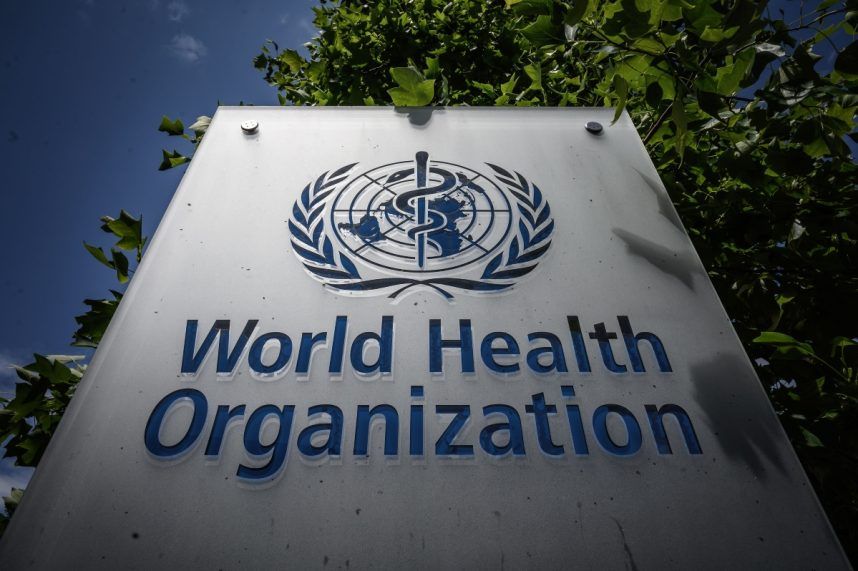WHO Warns Global Gambling Expansion Poses Serious Public Health Crisis
The World Health Organization (WHO) has issued a stark warning about the global gaming industry, highlighting concerns over the normalization of gambling and its impact on public health.
According to WHO's latest fact sheet, approximately 1.2% of the world's adult population suffers from gambling disorders, with each affected individual impacting an average of six others. The problem is particularly prevalent among Indigenous communities due to kinship cultures.
People with gambling problems face severe consequences, being 15 times more likely to die by suicide compared to the general population. These disorders often lead to food insecurity, housing problems, and limited access to healthcare.

World Health Organization logo and sign
The organization identifies several critical concerns:
- The rapid expansion of sports betting, especially in the United States
- Increased accessibility through online platforms
- Inadequate responsible gaming standards
- Lack of transparency in gambling products
- Absence of global regulations for online gambling
WHO recommends:
- Banning all gambling-related advertising and sponsorship
- Implementing universal loss limits
- Enforcing maximum bet restrictions
- Mandating breaks during gambling sessions
- Investigating the industry's political influence on gambling harm research
Treatment remains a significant challenge, with less than 1% of individuals with gambling disorders seeking formal help due to stigma and shame. WHO plans to assemble global experts to address these challenges, focusing on reducing stigma, eliminating gambling promotion, and developing strategies to lower problem gambling rates, particularly in low- and middle-income countries.
The American Gaming Association has responded by highlighting their investments in responsible gaming and consumer resources, though WHO maintains that current industry self-regulation measures have proven largely ineffective.
Related Articles

Atlantic City Casino Workers Urge Gov. Murphy to Address Indoor Smoking Ban in State Address

